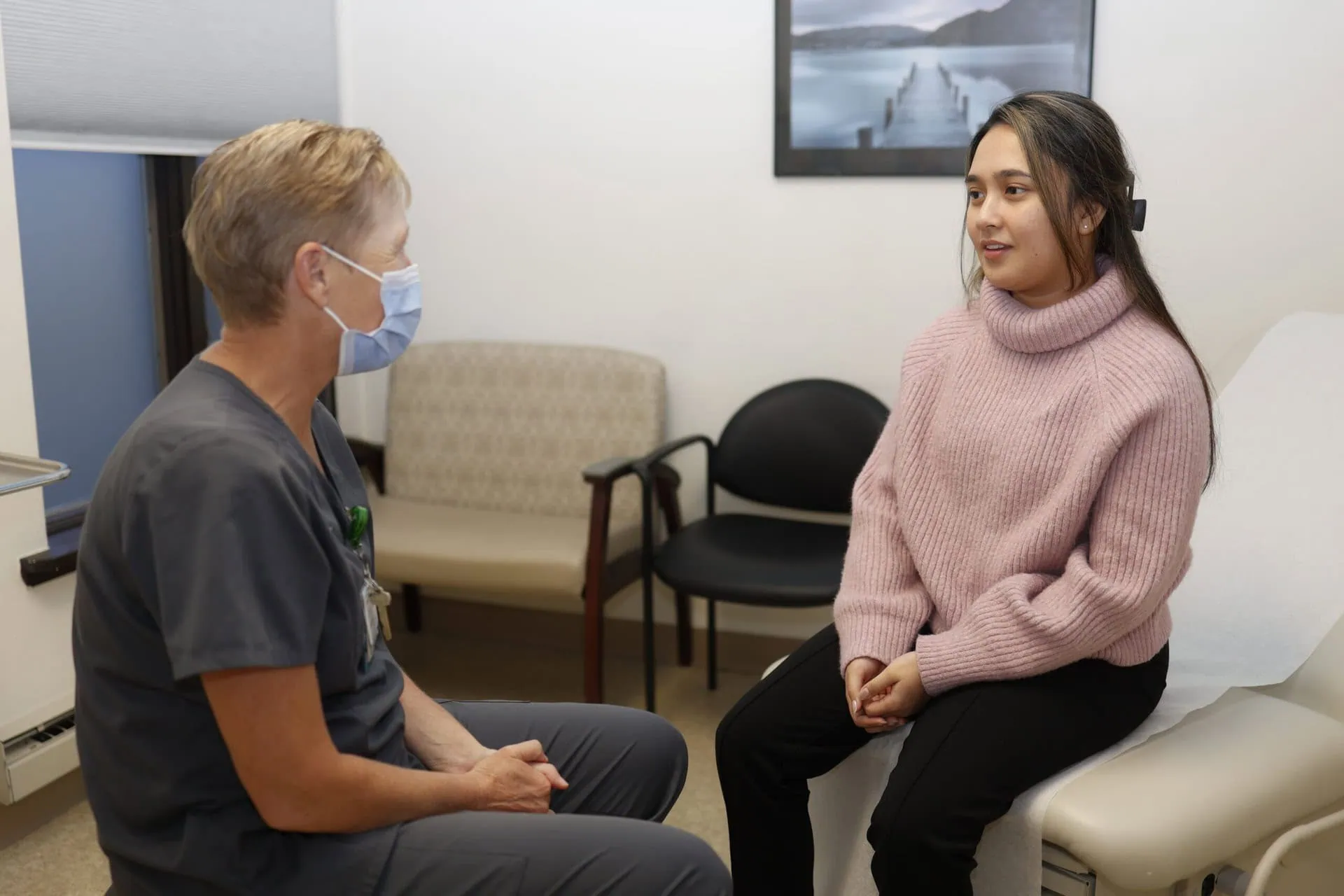I love the water! I’ve been taking and teaching water aerobics for over 25 years and have been certified with the Aquatic Exercise Association (AEA) for 20 years. I am also certified in Ai Chi, which is Tai Chi adapted for water. I became interested in water aerobics when I was playing racquetball, teaching step aerobics and doing Taekwondo. While competing in Taekwondo, my knees started to ache. Enough of those aches finally prompted me to see a doctor. After reviewing my X-rays, he told me I had the knees of an 80-year-old…I was only 35! He explained that I needed to stop the high impact exercising and switch to low impact or I would likely need several knee replacements in my lifetime. I was a competitive swimmer in high school, and while I knew that swimming and walking were low impact, I didn’t know of much else that I could do. A friend told me her mother took water aerobics which were low impact. I went to the local community college and joined a class. Besides a couple of us youngin’s it was a pool full of gray-haired ladies that many people typically associate with water aerobics. I loved it!!! It was fun and challenging. I felt SO GOOD after class! I was HOOKED!
So, what exactly is water aerobics?
Technically speaking, aerobic activity pertains to a cardio component that would lead to elevating your heart rate. But water aerobics is so much more than that one cardio component. Let’s think of it more holistically as water “exercise,” which better encompasses all that water exercise can be. You work on stamina, strength training, balance, cardio, flexibility, power, mobility, coordination, and even in some classes, deep breathing.
Water exercise classes can be taught in both the shallow or deep end of the pool, or a combo of both. There are benefits to both ends. They can also be taught in a lake or calm ocean (I don’t suggest it with large waves)!
I love that absolutely anyone who can keep their head above water can do it. I’ve had students with Multiple Sclerosis (MS), stroke, heart attack, or body part replacements, including college athletes. Professional football players often work out in pools. (They even take ballet-I’d love to see that!)
I love the fact that water exercise can be done by anyone! I have instructed a 63-year-old patient who had never been in a pool before (she was afraid her feet were going to float up). She loved it so much that she started coming to the pool in the evenings and doing it by herself.
Water exercise can benefit anyone, in any stage of fitness. So, whether you are an Olympic athlete, a senior who has never learned how to swim or an active 35-year-old, water exercise will make you stronger, improve your balance and coordination, and increase your cardio strength. So, what are you waiting for?
I hope I have gotten you interested, maybe even excited, to learn more about water exercise. In future posts I will share how water makes you stronger and improves your balance, coordination and cardiovascular strength. Additionally, I will share thoughts and insights on land exercise vs. water exercise.






